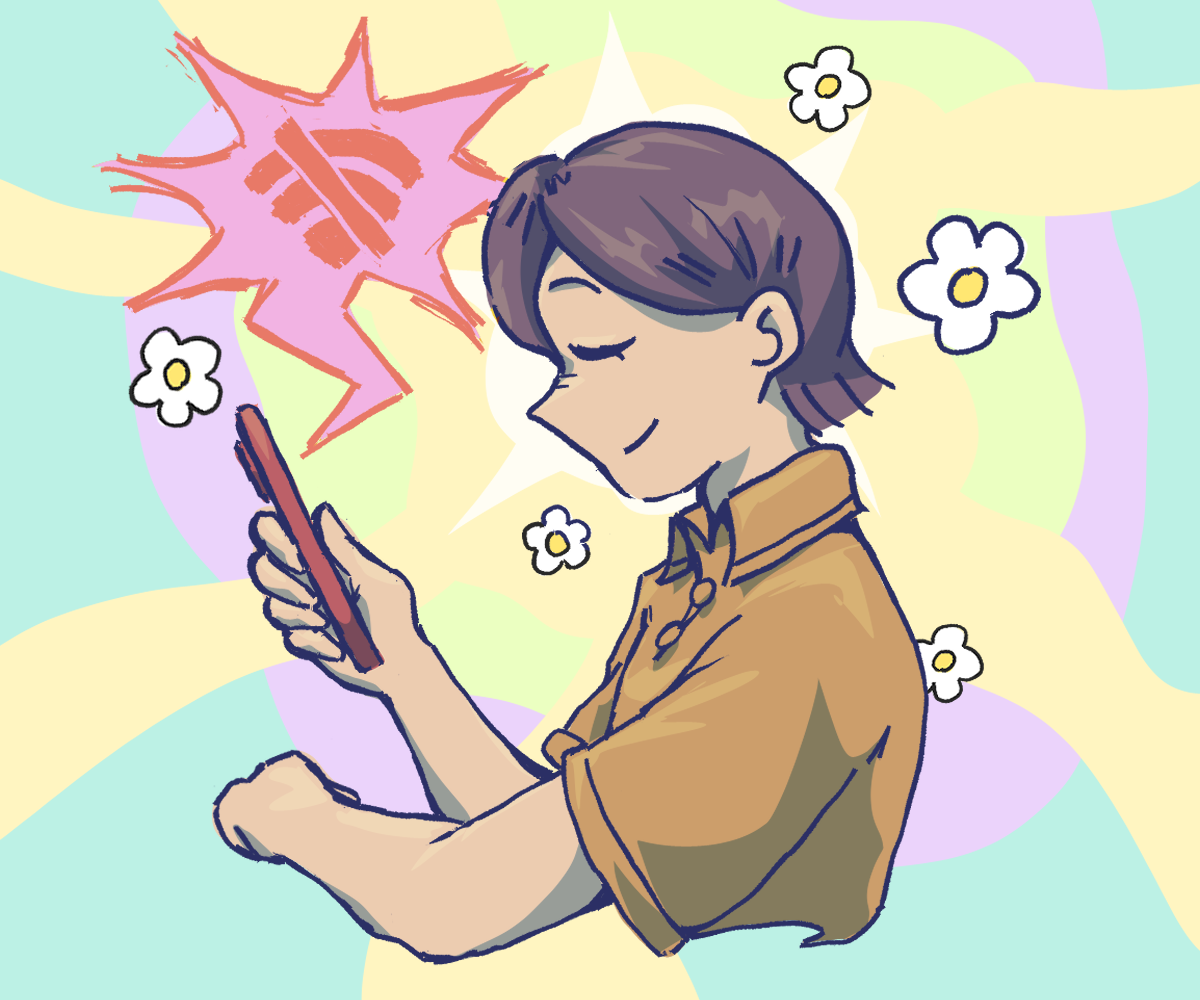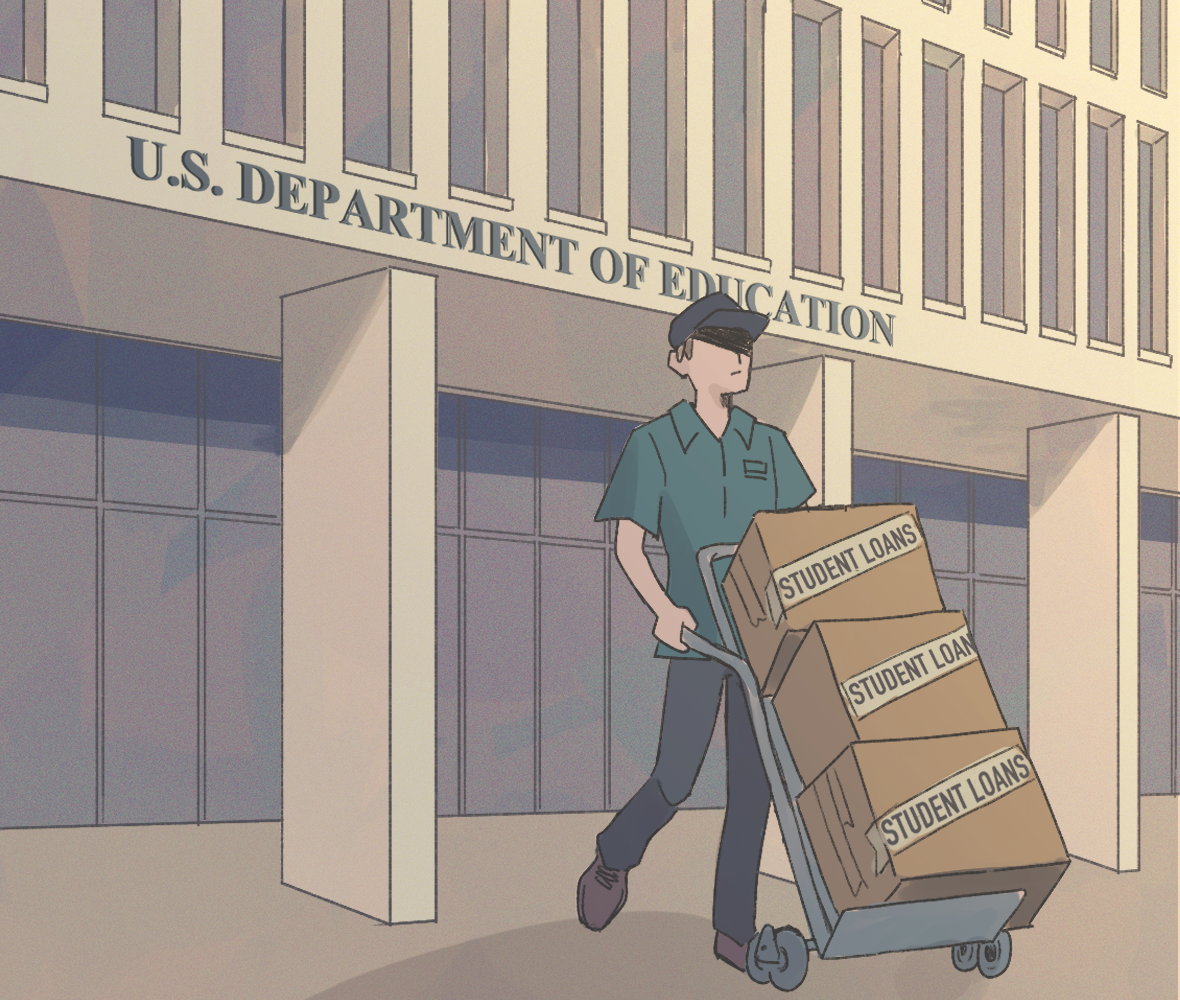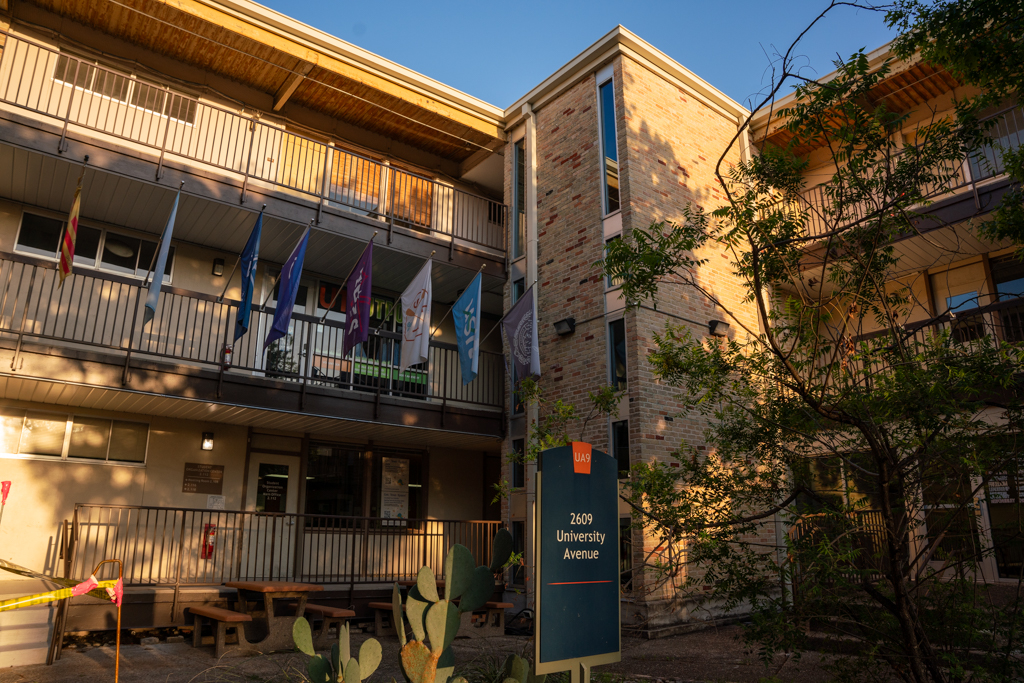A two-week mobile internet break can improve a person’s well-being, mental health and sustained attention, according to a Feb. 18 study published by a UT professor. The study used an app to block all internet access on smartphones for participants, only allowing calls and text messages.
“What we found is that all of these improved when people blocked the internet, so they just felt better about life,” said Adrian Ward, an associate professor of marketing at the McCombs School of Business. “They had significant improvements on mental health equivalent to the effect size of antidepressants.”
Ward said participants consumed less media overall. Rather than replacing their phones with television, participants instead spent more time doing other activities that improve mental health and that they would not otherwise have time for.
“It turns out if you cut off that ability (to use mobile internet), people go outside more,” Ward said. “They spend more time socializing with friends, they (have) hobbies (and) they actually consume less media overall.”
Ward said the study was not easy for participants, and many dropped out or quit before its completion.
“People who tried even when they weren’t fully successful, still benefited, but people who actually blocked mobile internet for the full two weeks benefited the most,” Ward said. “It suggests to us that you don’t have to actually do a complete two-week block to get the benefits. Trying to cut back is generally going to be helpful.”
Brittany O’Malley, the associate director for prevention and well-being at the Longhorn Wellness Center, said students need to be aware of how significantly technology is affecting them.
“See where you’re at right now, understand if you want to make a change that would be good for you, and then find out what’s realistic in that for you,” O’Malley said. “Building habits takes time and also has to be realistic.”
Arianna Nevarez, co-founder of the Unplug club, said disconnecting for an hour every week during their organization’s meetings has been a positive experience.
“It definitely makes us more aware of our phone usage,” Nevarez said. “We are more attentive and we are connecting on a level that we couldn’t have if we had our phone in our hands.”
Ward said social media use is not always negative, and use such as creating or sharing content can actually be positive, but some of the ways society uses technology is harmful.
“I don’t think that the take home of this is if you want to be happier, just block mobile internet for two weeks,” Ward said. “It’s a broader thing about what this constant connection is doing to us … It means we should inspect what this is doing to us all the time.”
Editor’s note: A previous version of this article misstated the name of a student organization. It is the “Unplug club,” not the “Unplugged club.” The Texan regrets this error.














